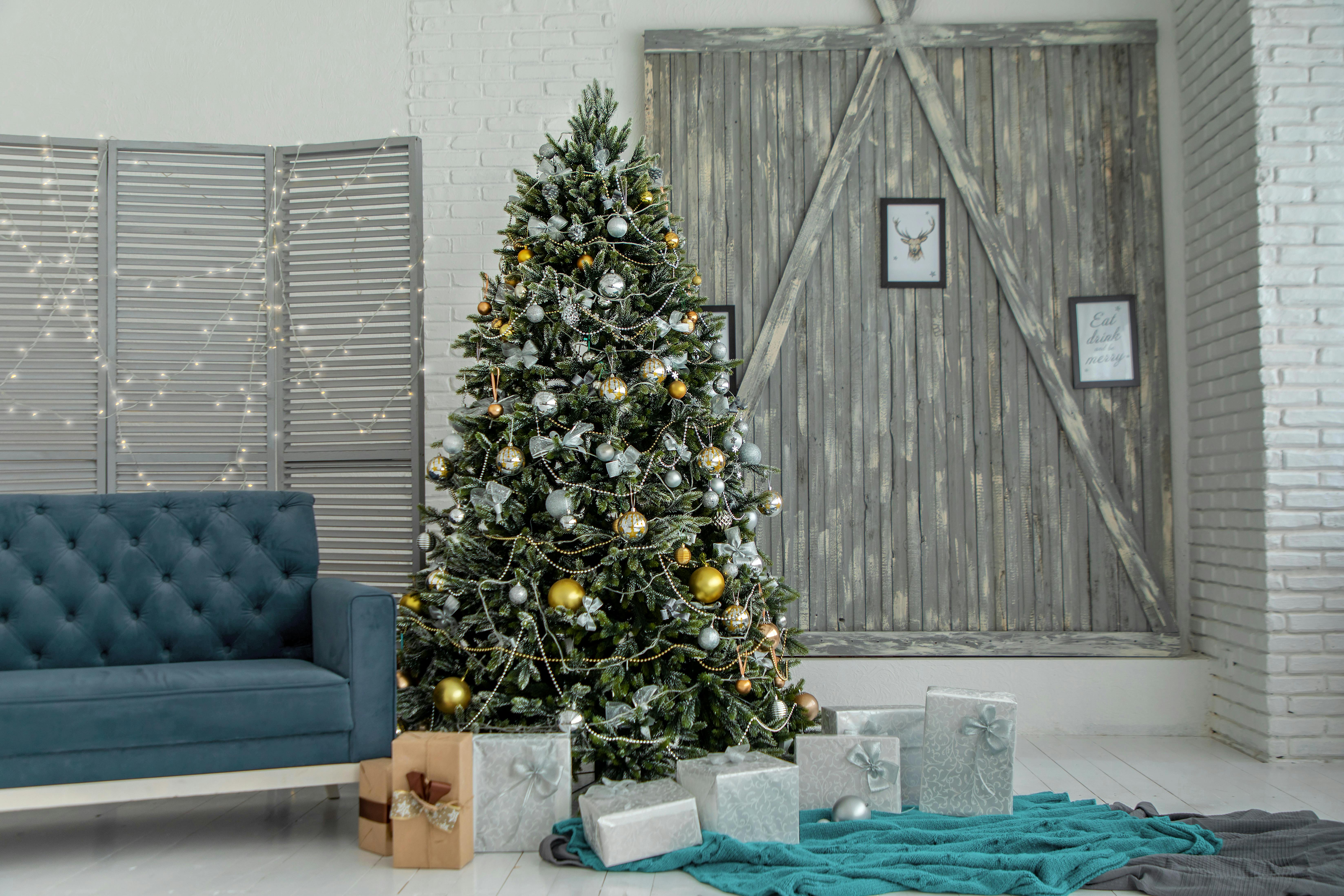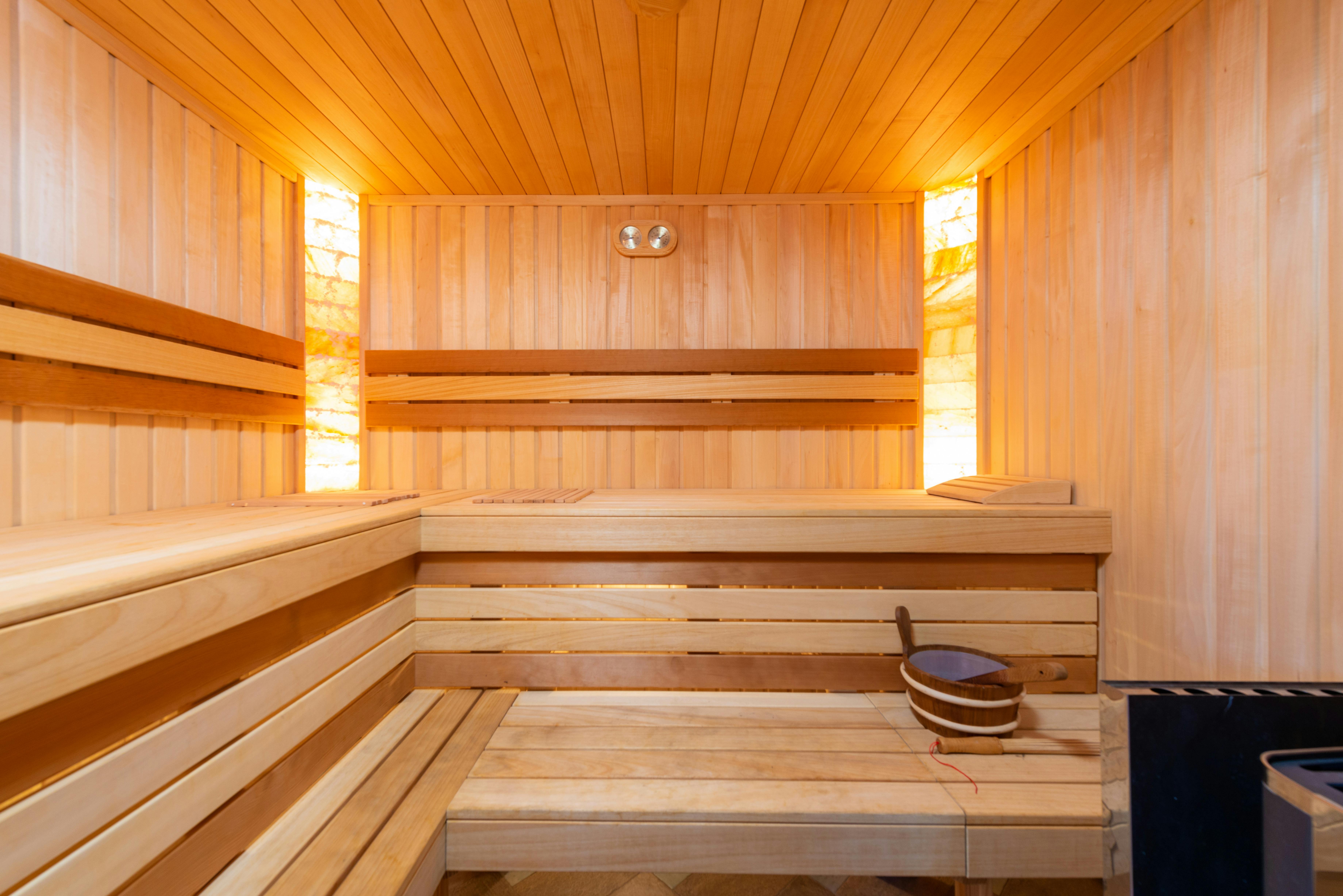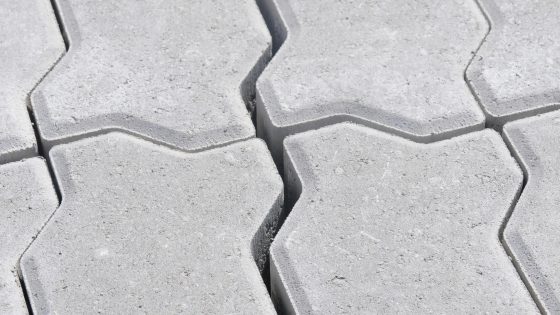The cost of building materials in Toronto can be very high. One of the best ways to keep your costs down while also reducing your environmental footprint is to use reclaimed wood for your home renos and projects. Reclaimed wood can come from anywhere including old pallets, decks, furniture, etc… The biggest hurdle to using reclaimed wood for your projects is preparing it so that it is viable once more. Often reclaimed wood is either damaged, waterlogged or covered in old paint. Getting it ready for a new life requires a little bit of effort but can save you a bundle.
Before starting be sure you have proper eye and ear protection. You might also need a respirator if using a large sander. Having access to to jointer/planer is also crucial although you can get away without one if you don’t mind imperfect lines.
Your first order of business will be to get rid of any metal in the wood. You’ll need to thoroughly inspect the wood for any form of metal as it can really ruin your blades if any is left behind. Be sure to remove any nails, screws, staples and even rocks that might still be embedded in the wood. If any of the pieces of wood in your reclaimed pile have problems such as cracks, loose knots or rotted sections, there is no point in restoring them unless you are planning to cut those sections away and use the remaining wood.
Next use your hand sander to sand every inch of the boards. If you missed any metal, the sander will likely find it for you. Lastly, cut the ends of the boards to make them even – it will help if you plan on sending them through a planner.
If you do use a planner, make sure to set it a just slightly larger than your boards and adjust it accordingly after that to the size you want. If you want all your boards to be the same size then you’ll have to set it to the size of your thinnest board. Usually one pass through the planner is enough, depending on the look you want. For a new look, you’ll have to send it through more than once until the desired look is achieved.
Be sure to use a clear stain to maintain the beautiful grain of your reclaimed wood in your finished project. If the wood will be used for a heavy use piece of furniture, then you might also consider given it a few coats of shiny varnish.
Before starting be sure you have proper eye and ear protection. You might also need a respirator if using a large sander. Having access to to jointer/planer is also crucial although you can get away without one if you don’t mind imperfect lines.
Your first order of business will be to get rid of any metal in the wood. You’ll need to thoroughly inspect the wood for any form of metal as it can really ruin your blades if any is left behind. Be sure to remove any nails, screws, staples and even rocks that might still be embedded in the wood. If any of the pieces of wood in your reclaimed pile have problems such as cracks, loose knots or rotted sections, there is no point in restoring them unless you are planning to cut those sections away and use the remaining wood.
Next use your hand sander to sand every inch of the boards. If you missed any metal, the sander will likely find it for you. Lastly, cut the ends of the boards to make them even – it will help if you plan on sending them through a planner.
If you do use a planner, make sure to set it a just slightly larger than your boards and adjust it accordingly after that to the size you want. If you want all your boards to be the same size then you’ll have to set it to the size of your thinnest board. Usually one pass through the planner is enough, depending on the look you want. For a new look, you’ll have to send it through more than once until the desired look is achieved.
Be sure to use a clear stain to maintain the beautiful grain of your reclaimed wood in your finished project. If the wood will be used for a heavy use piece of furniture, then you might also consider given it a few coats of shiny varnish.



